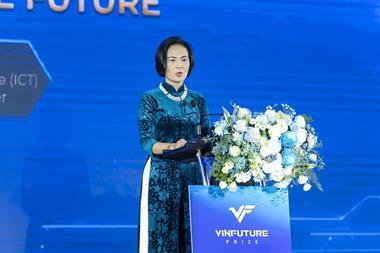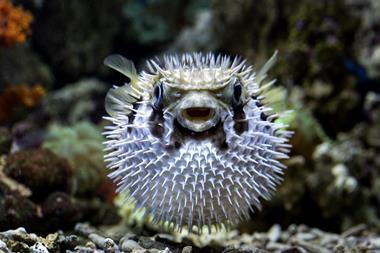Is ‘they don’t do “real” chemistry’ the worst argument ever?
The Nobel prizes this year were a bit of a ‘double whammy’ for the chemical sciences.
On 9 October the chemistry prize was awarded to three US chemists for ‘the development of multi-scale models for complex chemical systems’. Their work led to fundamental computational tools that today model the split-second molecular changes occurring during photosynthesis, or within enzymes and receptors in the body.
Many of us were following the event live over the internet and were delighted that the prize went to chemists who have done vital work to answer important questions, providing the ‘secret handshake’ that brings the classical and quantum mechanical worlds together.
Quite unexpectedly, however, on 11 October the peace prize went to the Organisation for the Prohibition of Chemical Weapons. The OPCW was initially established in 1997 to enforce the Chemical Weapons Convention and is currently overseeing the destruction of Syria’s chemical arsenal. The prize was awarded ‘for its extensive efforts to eliminate chemical weapons’.
Although both were, perhaps, unanticipated, I don’t think either prize was particularly controversial. But obviously there are always critics. Sadly, I think the worst argument ever is when someone suggests that ‘they don’t do “real” chemistry’. I for one won’t be putting that argument to any theoretical chemists, for fear of what the response may be.
Without a woman or a girl
In October we also celebrated Ada Lovelace day. She was an English mathematician and writer chiefly known for her work on Charles Babbage’s mechanical Analytical Engine. She is often described as the world’s first computer programmer and the first person to realise that a computing machine could do more than just calculate large tables of numbers, that it could, given the right inputs, create music and art. She was a visionary, and Ada Lovelace day has become an annual celebration inspiring women in science and technology and encouraging people to champion the female scientists and engineers who have inspired them.
This got me thinking about what Chemistry World could contribute. The Chemistry World Entrepreneur of the Year award has been running since 2005, and we’ve had winners such as Paul Workman from the Institute for Cancer Research, Hagan Bayley from Oxford Nanopore, and last year – following changes in the award’s scope – we had our first non-UK winner, Chad Mirkin from Northwestern University, US. But during this time, not only have we never had a female winner, we’ve not even received a single nomination for a woman chemist.
So Ada Lovelace day has inspired me to contact a few women entrepreneurs I’ve met and invite them to apply. And I encourage you to do the same: support women in science and help us find the other Ada Lovelaces out there.












No comments yet